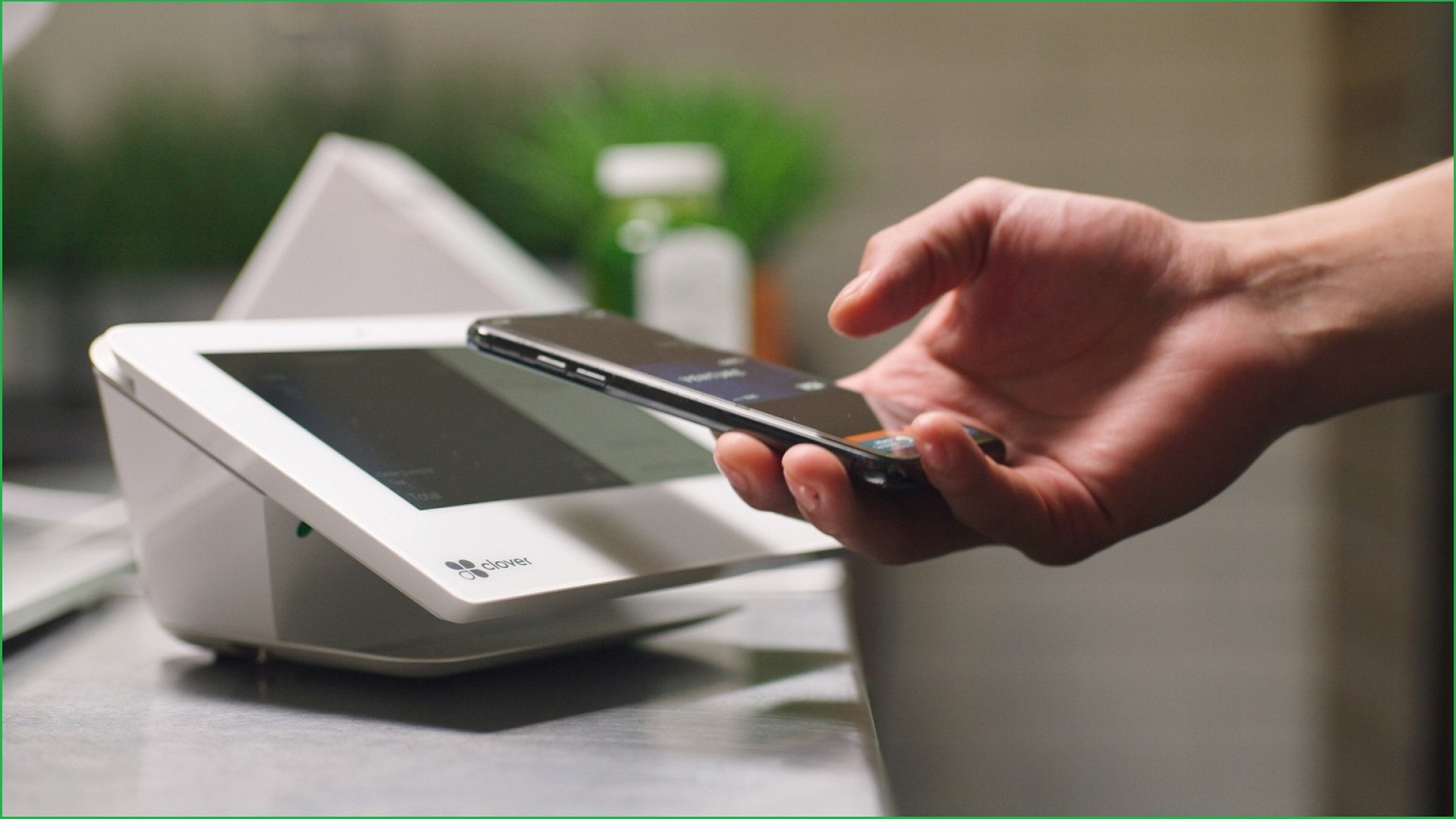Australian small businesses not only lag Asia-Pacific rivals in adopting online sales but are growing more slowly and struggling to create new jobs, an analysis has warned as Clover’s successful integrated POS and back-end accounting solution debuts locally to spur growth.
With just 9 per cent of SMEs creating new jobs last year – versus 33 per cent of APAC businesses – CPA Australia business investment and international lead Gavan Ord blamed “worrying sentiment” on “a sense that Australia’s overall economic prospects are weak.”
SMEs “are held back by insufficient government support for digital adoption and excessive red tape,” he said.
“We need the government to give small businesses the backing they need. This will require a significant culture shift, but it is desperately needed.”
“Government instinct for red tape has swung the balance so far that even the most creative and innovative of businesses are struggling to prosper.”
Just 39 per cent of Australian small and medium enterprises (SMEs) derive 10 per cent of their revenue from online sales, according to CPA Australia’s latest Asia-Pacific Small Business Survey – barely half the 67 per cent of regional companies that said the same.
Only 42 per cent of Australian businesses said they had reported growth last year, compared with 62 per cent across the APAC region.
Similarly, just 55 per cent of Australian SMEs expect to grow this year – well behind the 71 per cent APAC average – and just 35 per cent of Australian SMEs expect the national economy will grow this year, making them the most pessimistic of the 11 markets surveyed.
SMEs still struggling for simplicity
The complexity of running integrated physical and online businesses is a bugbear for many small business owners, who often lack the technological expertise to cobble together point-of-sale, inventory, customer loyalty, rostering, payroll, accounting and myriad other systems.
Enter US-based financial operator Clover, a division of payments giant Fiserv that has just launched into the Australian market after years of growth that have delivered 3.5 million of the company’s vertically integrated, all-in-one business systems to SMEs in 10 countries.
With four models of “commercial grade hardware” combining point of sale, barcode scanning, inventory, payroll and other functions with direct integration to Xero and its ilk, Fiserv ANZ general manager Gavin Jones dubs it “an operating system for small business.”
The different form factors “each solve a different use case or vertical, and you can mix and match as you need,” Jones told Information Age, adding that the system “is more purpose built than a lot of the bank solutions” that are generally just a payments terminal.
With over 700 third-party software tools integrated with Clover and out of the box configurations for restaurants, retail, and appointment-based service businesses like plumbers, “we’re trying to bring solutions with all the bits SMEs need,” Jones said.
Taking a leaf from Clover
Pioneering small businesses are already seeing the dividends, with early Clover adopters like Messina Gelato, Yachties Donut House, Sol Canteen Coffee and the Sydney Swans Merchandise Shop reaping the benefits of the integrated solution.
Adopting Clover’s Mini and Station Duo “have transformed how we run our business,” Sneaky Burger owner Shane Jaque said, noting that “customers love being able to see and review their orders in real time on the customer-facing display.”
“The option for digital receipts is a great touch, and Clover’s offline payment support has been a game-changer at outdoor festivals.
"Managing our complex menu is now much easier: uploading and updating items is quick and hassle-free, saving us valuable time and effort.”
Founded in 2012, Clover is the latest entrant in an Australian SME market where basic offerings from Big Four banks face challenges from bundled offerings from the likes of Square, Lightspeed, Toast, First Data, and Stripe.
Despite having one of the world’s highest penetrations of POS devices – with nearly 1.1 million devices installed – the dominance of basic payment terminals has long kept Australia as the region’s digital payments backwater.
Sporadic enhancements like QR codes, crypto and numberless credit cards have delivered new ways to take customers’ money, but government’s focus on shoring up back-end payment processing has left SMEs to manage and integrate the rest of their technology.
By providing cloud-based services and dashboards, services like Clover deliver the e-commerce capabilities that CPA Australia found are still out of reach for most Australian SMEs – and are expected to grow the market at over 12 per cent annually through 2028.
“In many ways, technology has failed small businesses,” Fiserv head of operations and product Julian Wraight said, noting that most SMEs lack the expertise for the “heavy lifting [that’s] typically the domain of large enterprise businesses with large technology teams.”
“It’s really designed around bringing together all those things that we know SMEs need and having them properly interoperate.”










